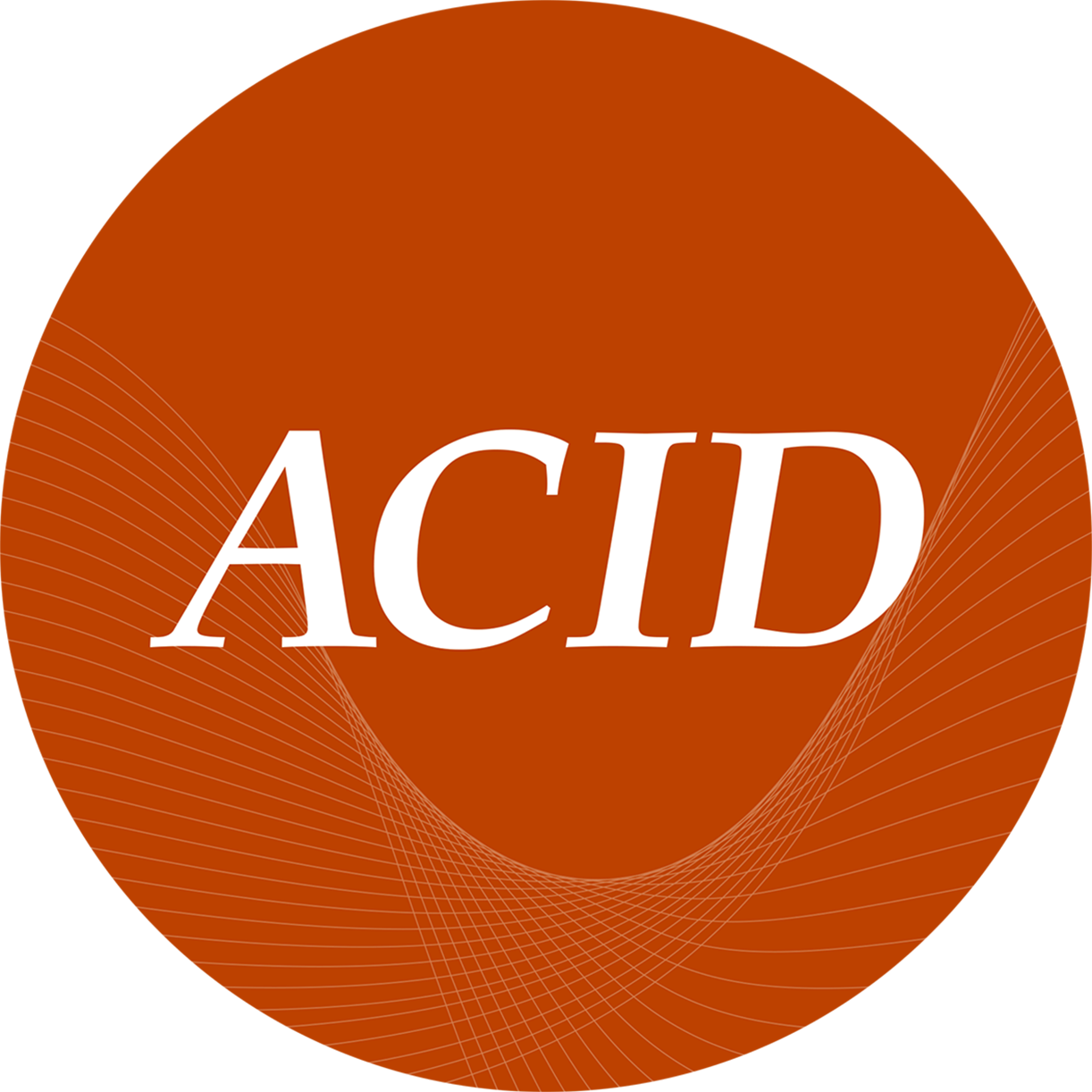Fan Yang is currently a full professor at the College of Animal Science and Technology, Henan University of Science and Technology. He earned his PhD in 2012 from South China Agricultural University. His research interests include pharmacology, food science, veterinary science, and aquaculture. Professor Yang Fan is a leading researcher in the fields of pharmacology, veterinary science, aquaculture, and food safety. With a strong background in pharmacokinetics, his work bridges the gap between veterinary medicine and environmental science, focusing on the absorption, distribution, metabolism, and excretion of veterinary drugs in animals and aquatic organisms. His research is instrumental in ensuring the safe use of pharmaceuticals in animals and addressing food safety concerns related to drug residues in food products. Professor Yang has made significant contributions to the understanding of drug residue depletion in both terrestrial and aquatic species, including pigeons, chickens, and various fish species such as the Yellow River carp and crucian carp. His work on the pharmacokinetics of drugs like florfenicol, enrofloxacin, danofloxacin, and difloxacin has had a direct impact on optimizing withdrawal periods and minimizing drug residues in food animals, thereby enhancing food safety standards and consumer health. What sets Professor Yang apart in his field is his innovative approach to pharmacokinetics, especially his development and application of physiologically based pharmacokinetic (PBPK) models. These models, which take into account variables like water temperature, immune stress, and different drug administration routes, provide a more accurate prediction of drug behavior in animals under real-world conditions. This enables more precise dosing regimens, reducing the risks of overdosing or underdosing in veterinary practices. His work has particularly advanced the field of aquatic pharmacology, where studies on the pharmacokinetics and tissue distribution of veterinary drugs in fish have filled critical gaps in knowledge. Moreover, Professor Yang’s interdisciplinary approach is reflected in his studies on the environmental and physiological factors that influence drug metabolism, including his research on the effects of immune stress and water temperature on drug depletion. His research has contributed to more sustainable practices in aquaculture, offering insights into how to manage drug use to prevent environmental contamination while ensuring animal health. Professor Yang’s research continues to inspire advancements in both the veterinary and aquaculture industries. His dedication to improving drug safety in animal production and food systems, coupled with his innovative methodologies, differentiates him as a key figure in veterinary pharmacology and food safety. none







